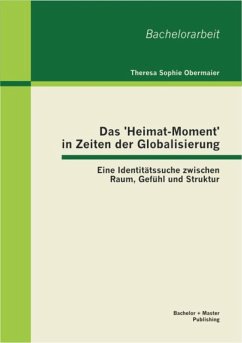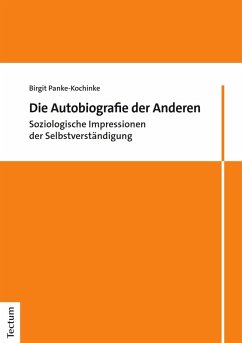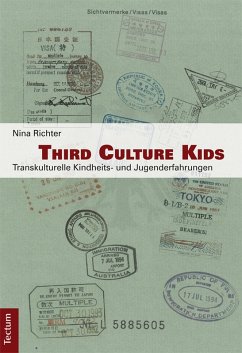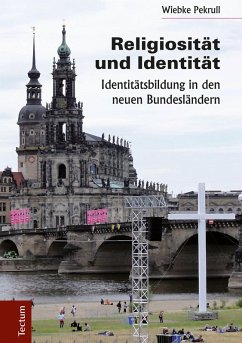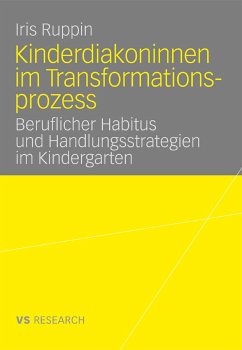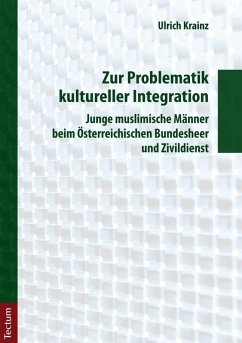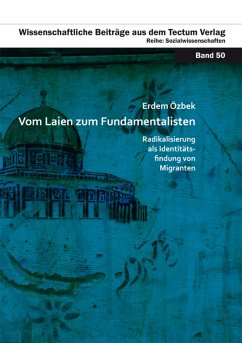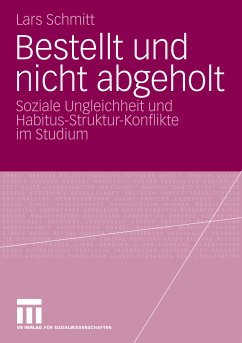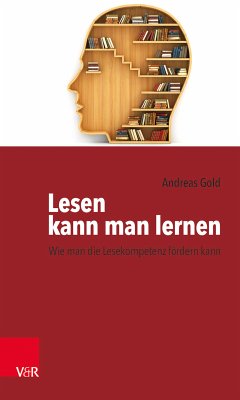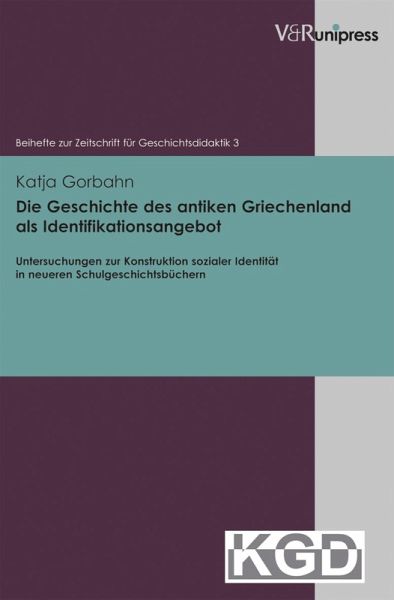
Die Geschichte des antiken Griechenland als Identifikationsangebot (eBook, PDF)
Untersuchungen zur Konstruktion sozialer Identität in neueren Schulgeschichtsbüchern

PAYBACK Punkte
0 °P sammeln!
The study investigates the influence of identity-correlated phenomena on the construction of Ancient Greek history in textbooks. It focuses on the archaic and classical period. Adapting concepts from Social Sciences, the study develops an analytical tool for the examination of group-correlated identity phenomena in history teaching. The term "Social Identity" serves as a key concept. In a first step, the analysis shows that "the Greeks" are presented in quite a static way, dissociated from their historical and geographical context. Moreover the study reveals the mechanisms that bring about pol...
The study investigates the influence of identity-correlated phenomena on the construction of Ancient Greek history in textbooks. It focuses on the archaic and classical period. Adapting concepts from Social Sciences, the study develops an analytical tool for the examination of group-correlated identity phenomena in history teaching. The term "Social Identity" serves as a key concept. In a first step, the analysis shows that "the Greeks" are presented in quite a static way, dissociated from their historical and geographical context. Moreover the study reveals the mechanisms that bring about polarizing and stereotyped pictures of groups, for example between Athenians and Spartans or between Greeks and "barbarians". In a second step the analysis shows that the connection between past and present is expressed mainly by references to origins. Those are highly selective - the present "we" is clearly to be understood as European, respectively Western - and are responsible for considerable failures in the presentation of the historical facts. The study concludes by offering a number of suggestions for the future development of textbooks respectively curricula.
Dieser Download kann aus rechtlichen Gründen nur mit Rechnungsadresse in A, B, BG, CY, CZ, D, DK, EW, E, FIN, F, GR, H, IRL, I, LT, L, LR, M, NL, PL, P, R, S, SLO, SK ausgeliefert werden.




